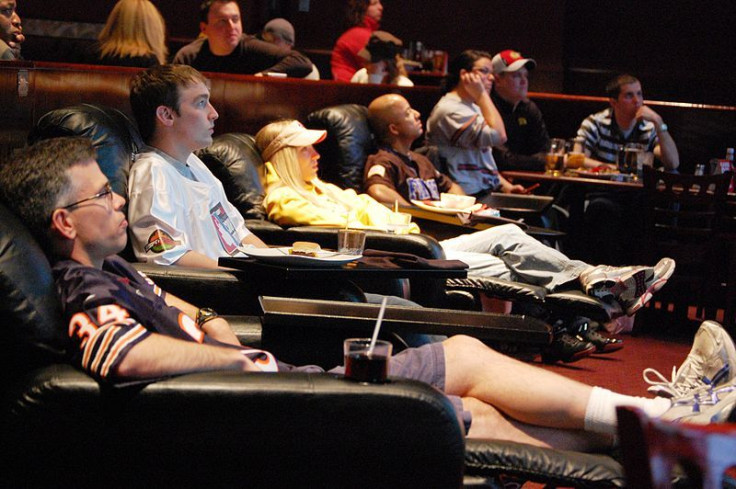Too Much TV Linked To Higher Risk Of Heart Disease In Young Adults: Negative Effects Of Being A Couch Potato Can't Be Undone With Exercise

Couch potatoes live a sedentary lifestyle by spending most of their time watching television, not exercising, and simply sitting on the couch. Young adults who tune in to their favorite TV shows every night could be at risk for similar health complications as their couch potato counterparts. Spending more than two hours watching TV is found to increase the risk of heart disease in young adults in their thirties, according to a recent study.
Heart disease is often believed to target mainly men, but it is in fact the leading cause of death for both American men and women, according to the Centers for Disease Control and Prevention. Heart damage, such as clogged arteries, can lead to a heart attack because it prevents the necessary amount of oxygen and nutrients from getting to the heart. These heart complications can be triggered by physical inactivity, despite a person’s age.
To investigate whether time spent watching TV is associated with arterial stiffness — an indicator of heart disease — Dutch researchers asked 373 men and women participants to fill out questionnaires about their TV viewing, physical activity, and other habits at age 32. The study also examined whether levels of physical activity and other lifestyle and biological risk factors could explain the possible association between watching TV and stiff arteries.
After a four-year follow-up, the participants of the study had an ultrasound measurement of the stiffness of several major arteries in the body. The researchers found that the participants who had the stiffest carotid artery — the main blood vessel in the head and neck — spent an average of about 20 more minutes per day watching TV compared to those with the most elastic carotid artery, reports the Daily Mail. The results of heart-related arterial stiffness were similar to the stiffness found in the femoral arteries in the legs.
The presence of stiffened arteries requires a great deal of force in order for them to expand and use the blood ejected from the heart. Therefore, the heart has to contract harder in order to accommodate the artery to prevent blockage. With a greater demand for oxygen, the heart has less oxygen and nutrition, which leads to heart damage, according to the National Heart, Lung, and Blood Institute.
The participants who experienced arterial stiffness in the study could not undo the negative effects of sitting by exercising. “The funny thing is even if they do physical activity… that doesn’t correct the bad effects of sedentary time,” said Isabel Ferreira, senior epidemiologist at Maastricht University in the Netherlands, the Daily Mail reports.
Ferreira believes that, while the negative effects of TV watching cannot be undone, viewers can simply be active and limit their time spent sitting in front of the TV, computer, or laptop every day.
Young adults should not fear just yet. Stiff arteries do not bring immediate health problems, but they could raise the risk of heart disease later in life if the level of physical inactivity rises.
Joel Stager, a professor at the Indiana University-Bloomington School of Public Health, who was not involved in the study, believes the findings of the study serve more as an association of future heart problems. “In other words, it’s predictive of cardiovascular disease down the road,” Stager told Reuters Health.
A similar Australian study has even associated excess TV watching with a shortened lifespan. Researchers from the University of Queensland, Australia observed that every single hour of TV viewed may shorten life by as much as 22 minutes. The participants who watched six hours of TV a day were expected to live five years less than a person who does not watch TV.
The American Academy of Pediatrics suggests children and teens to not exceed more than two hours a day sitting in front of a TV or computer.



























